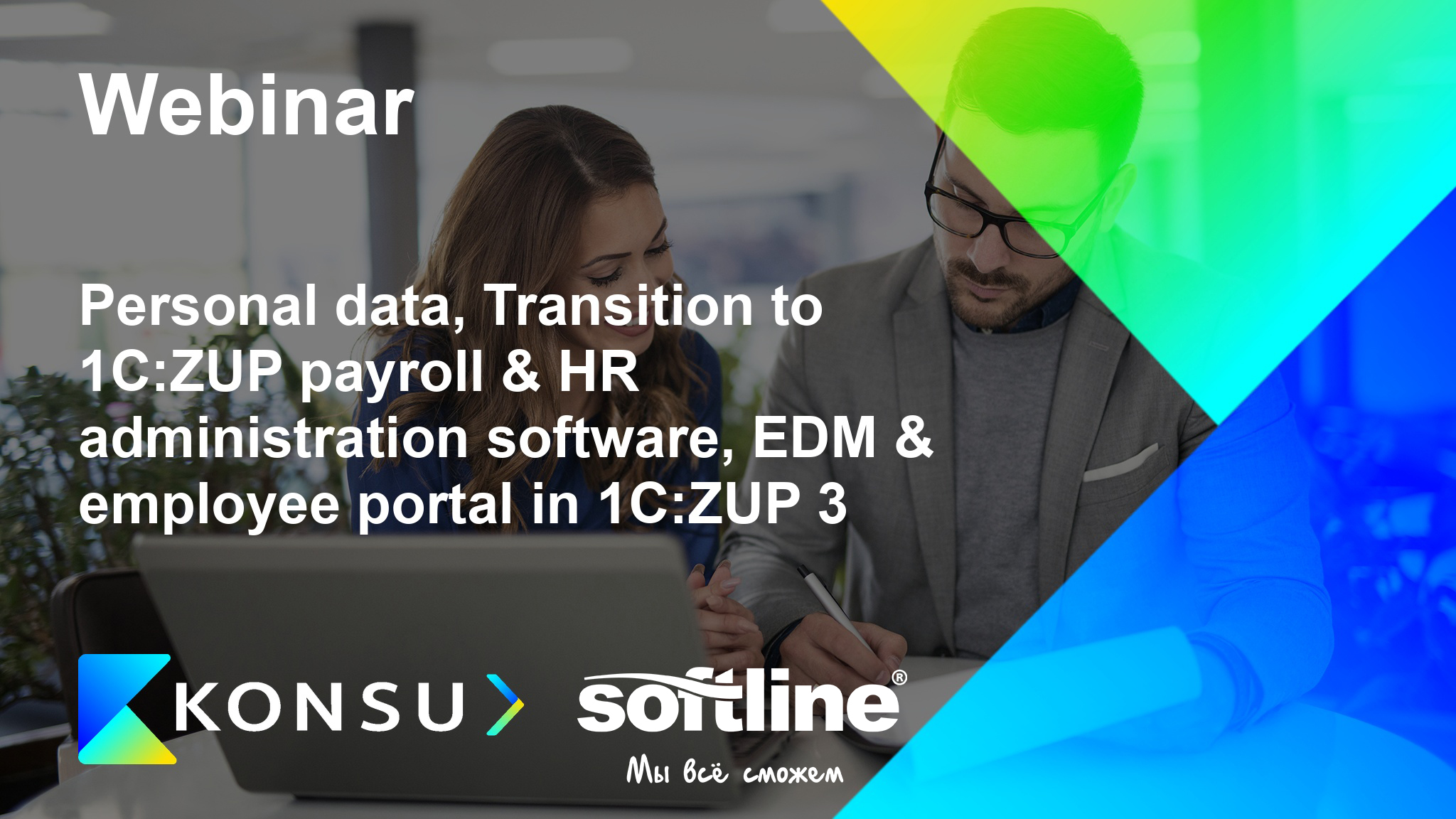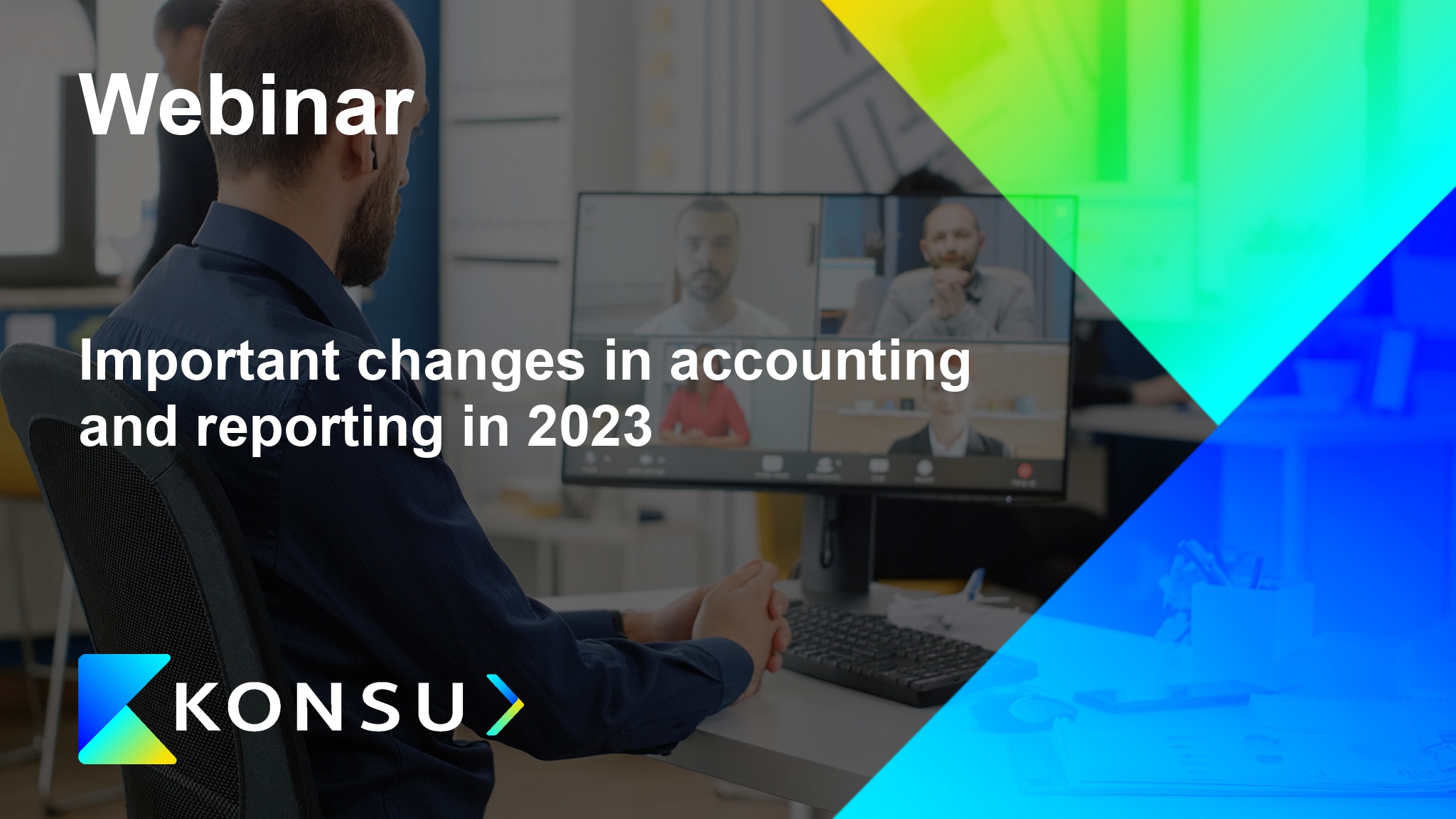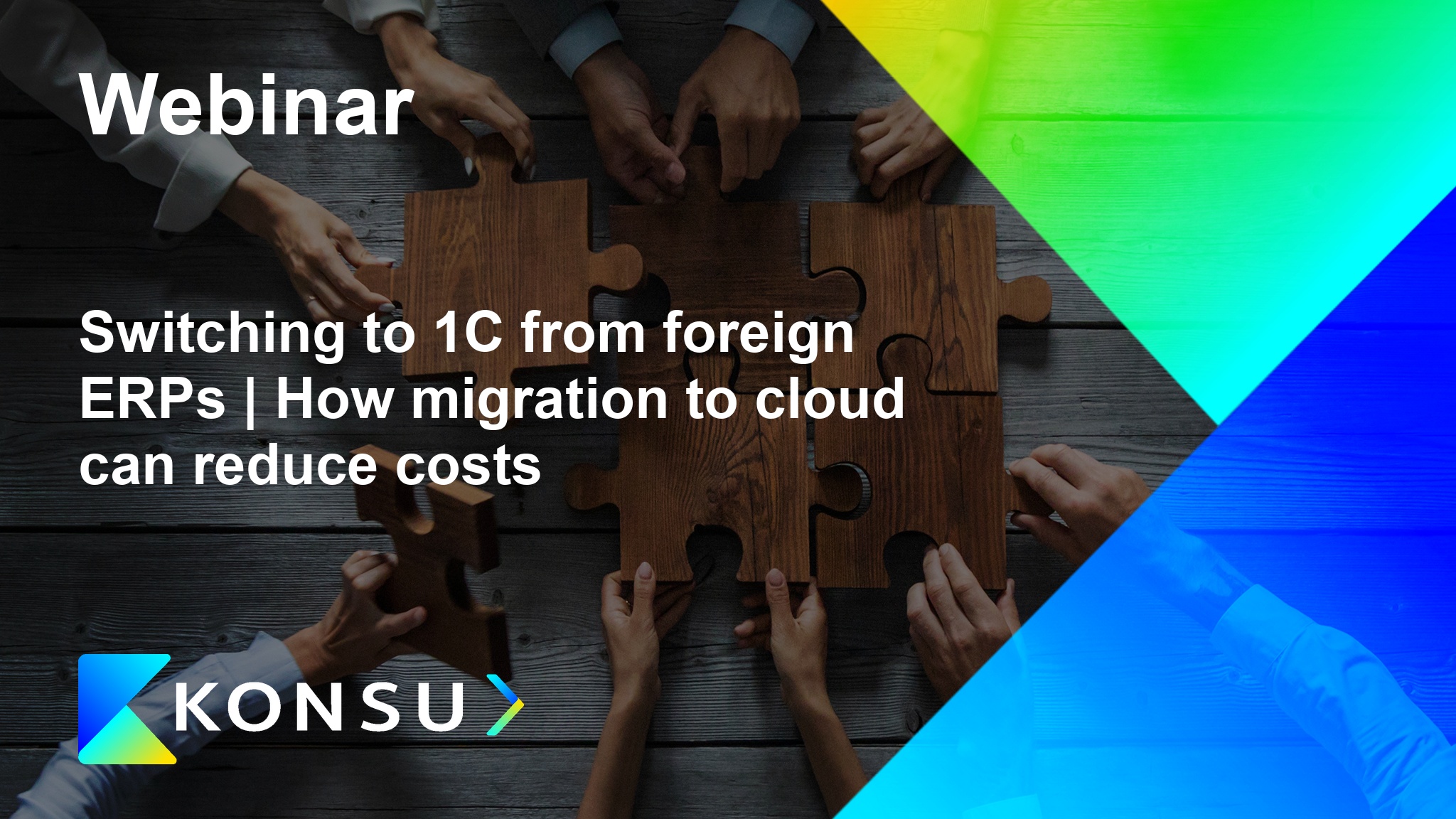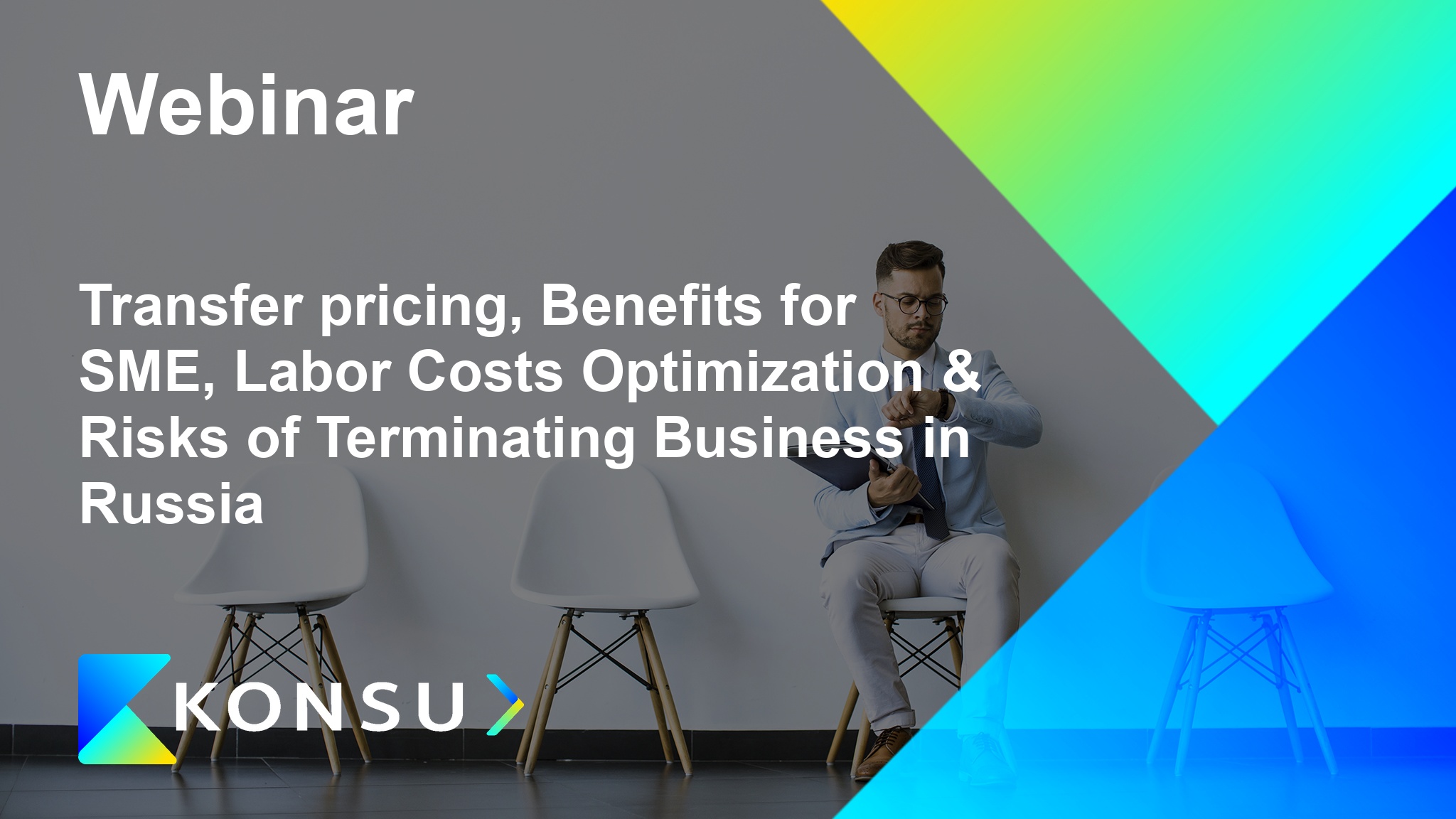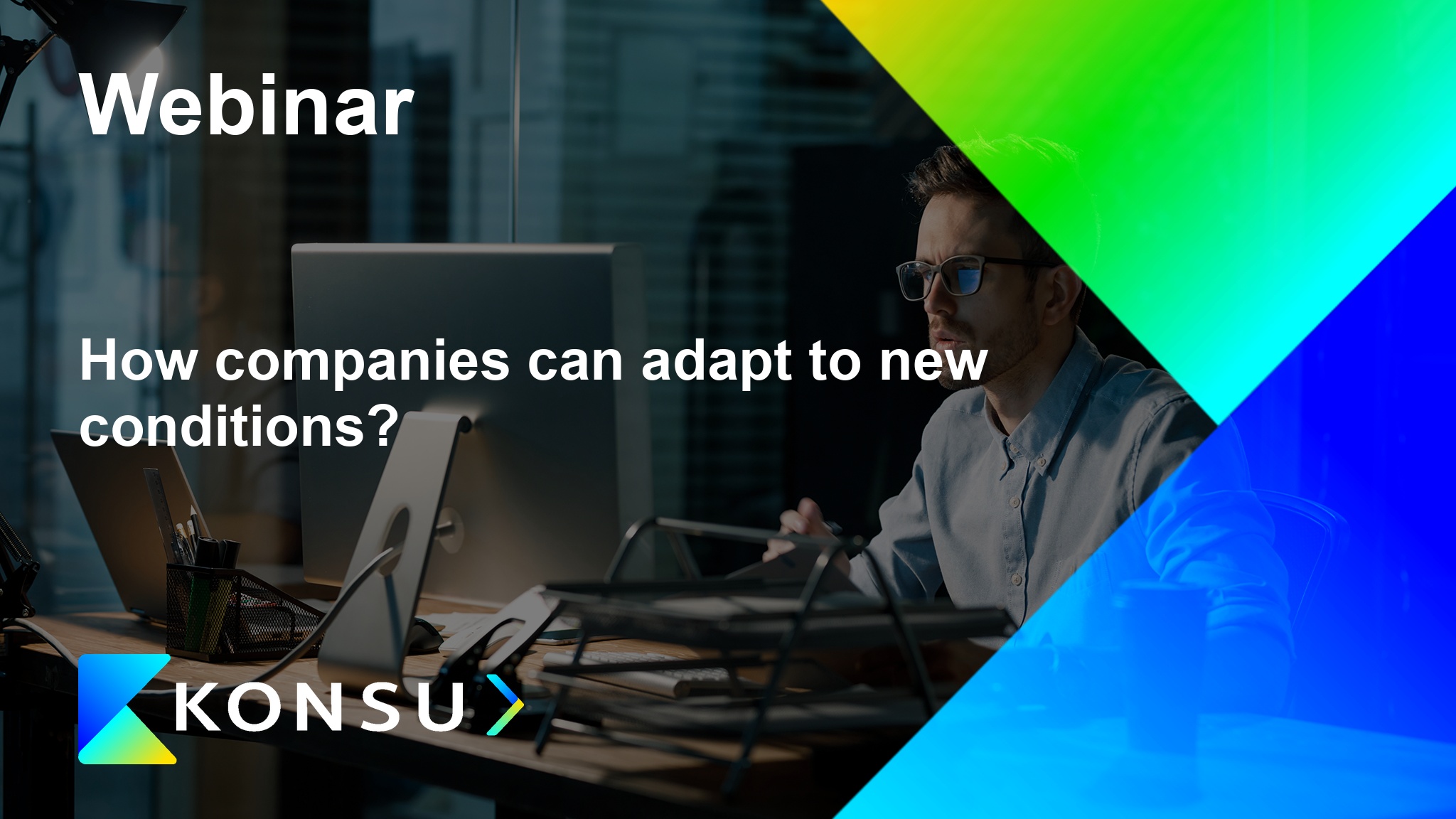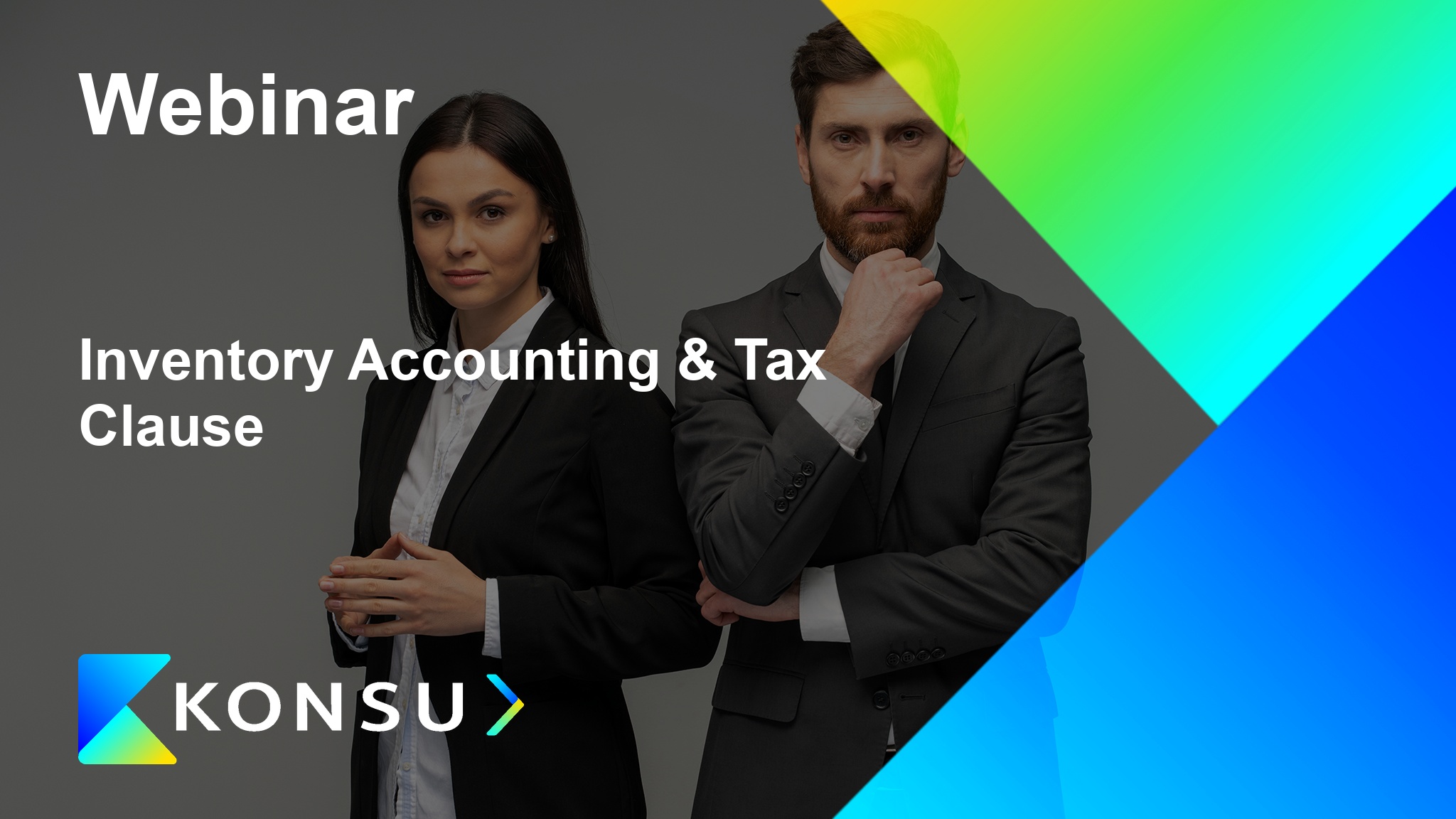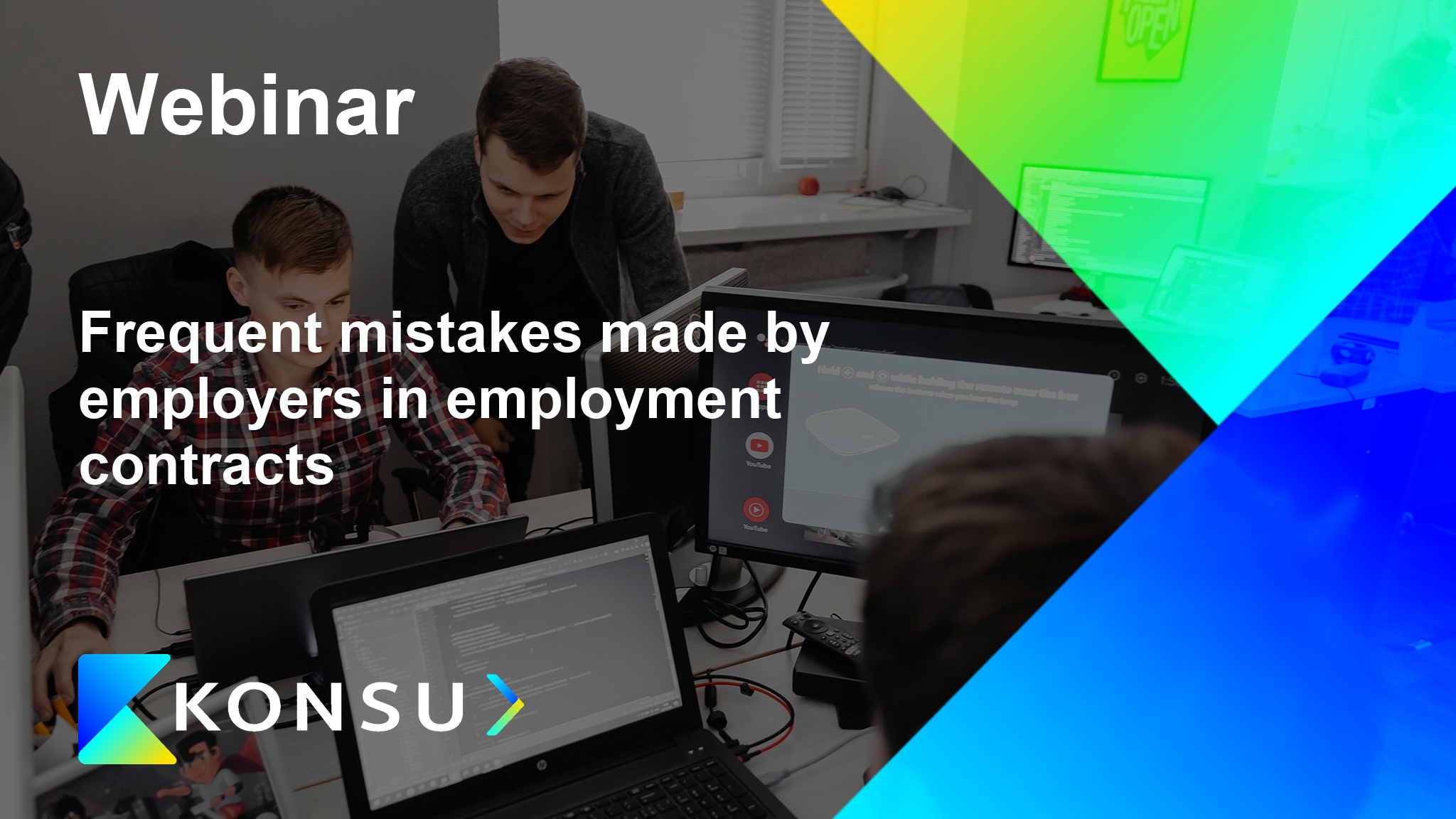Personal data, Transition to 1C:ZUP payroll & HR administration software, EDM & employee portal in 1C:ZUP 3
00:00 Start
02:00 General aspects and benefits of 1C:ZUP
05:00 Additional features and services: 1C: Employee Portal, Reporting, 1C: ITS, DirectBank
06:43 Advantages of 1C
11:14 Features and prerequisites for transitioning to 1C:ZUP 8.3:
+ Termination of support for ZUP 2.5 starting January 1, 2024
+ Withdrawal of foreign systems from the Russian market
12:40 Transition features to 1C ZUP 8.3. Complexity and duration factors. Stages
13:46 Data transfer methods: complete transfer and transfer of balances on a specific date
17:37 Experience of transitioning to 1C ZUP 8.3
22:10 HR EDMS functionality in 1C:ZUP 3 (Employee Portal)
24:39 Employee capabilities in 1C: Employee Portal, 1C:ZUP
25:50 Company capabilities
27:16 Electronic digital signature
28:29 Benefits of EDMS in 1C: Employee Portal
30:05 Personal data – main practices considering the changes in 2023
30:50 Processing personal data in 2023
33:37 Destruction of personal data
37:20 Assessment of the harm level in case of violation of the personal data protection law (152-FZ)
44:11 Features of transferring personal data abroad
48:05 Tightening of inspections by the Federal Service for Supervision of Communications, Information Technology and Mass Media (RKN) on the work of personal data operators
51:02 Documents that operators of personal data need to have in 2023
53:20 Experience with Softline cloud infrastructure
57:05 Question: Can you consolidate accounting from different versions of 1C and transfer it to 1C:ZUP 3?
58:08 Question: If ZUP is transferred to 1C:ZUP 3 and accounting is kept on version 2, can synchronization be ensured?
59:22 Question: Are there any limitations on customizing 1C? Companies need many reports for management.
1:00:20 Question: Can 1C Employee Portal only be used by employees who have 1C installed?
1:01:40 Can employees familiarize themselves with employment regulations through the 1C Employee Portal?
1:02:05 In which cases is consent for processing personal data not required during employment?
1:03:49 If a photo is used on the company’s website, is it considered biometric data?
1:05:04 If a photo is published on the company’s website, is consent required for the distribution of personal data?
1:05:34 Is consent required for processing personal data from visitors (e.g., business center)?
1:07:58 Do the requirements for processing personal data apply to individuals with whom the company has contractual relationships?

Details
Date and time
31.05.2023 15:00-16:30
Language
- Russian
Admission
Free
Platform
MS Teams

Speakers and topics

Natalia Chernyakina
- Team leader, business systems development group
Aspects of transitioning to 1C:ZUP 3 payroll & HR administration software
- General aspects
- Advantages of 1C:ZUP and transition features
- Experience of transitioning
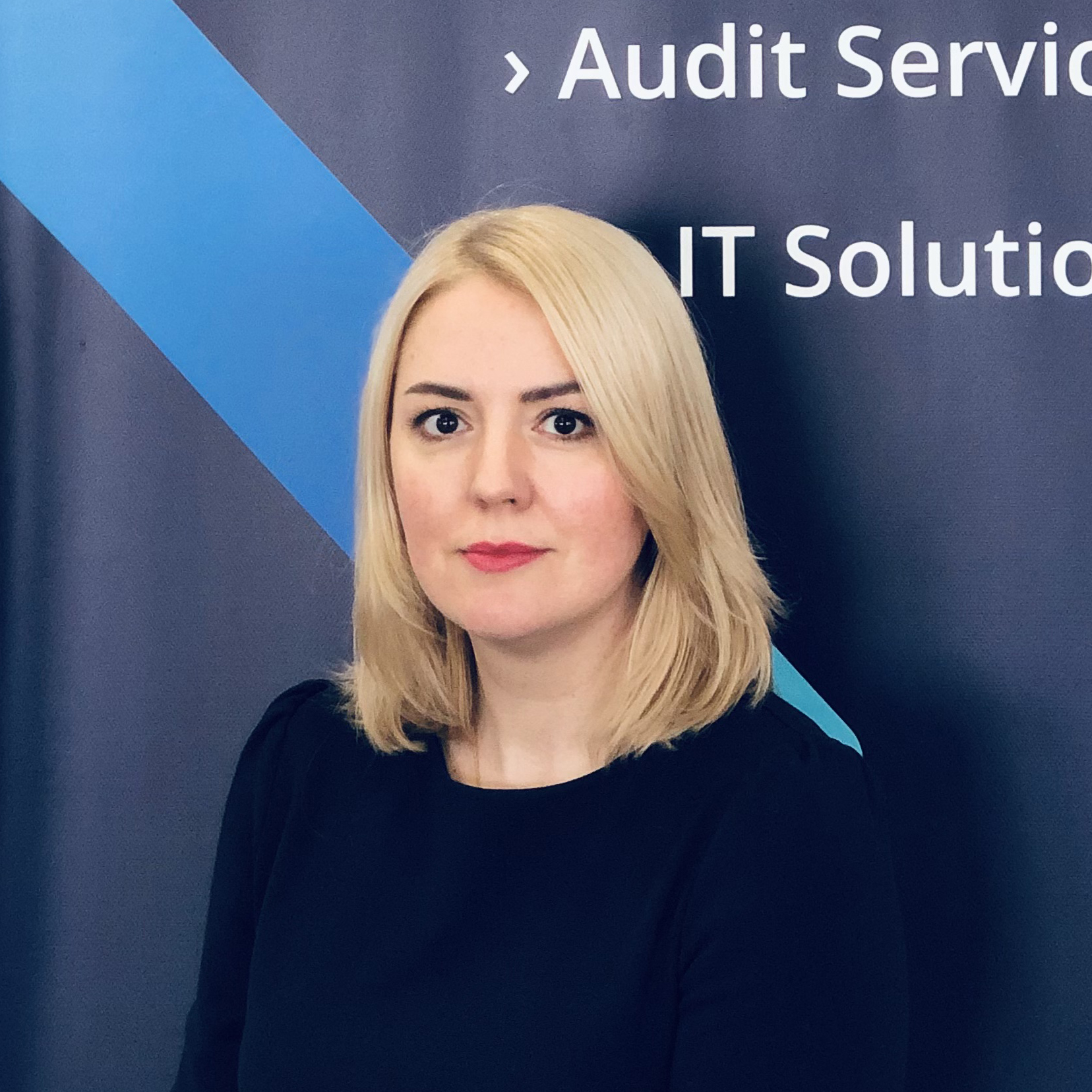
Maria Brychkova
- Payroll team leader
Functionality of electronic document management and employee portal in 1C:ZUP
- Employee portal in 1C - capabilities for employees
- Employee portal in 1C - capabilities for companies
- Signing documents with an electronic signature

Anna Reznikova
- Head of legal practice in Labor & Migration
Personal data: key practices and latest regulatory changes
- Processing personal data in 2023
- Destruction of personal data: new rules
- Assessing the level of harm in case of personal data law violations: new procedure
- Specifics of transferring personal data abroad in 2023
- Increased inspections by Roskomnadzor for operators handling personal data
- Documents that operators handling personal data need to have in 2023
Companies in Kazakhstan: registration, taxation, payroll & HR, IT solutions

Details
Date and time
April 18, 2023 15:00-16:30
Language
- Russian
Admission
Free
Platform
MS Teams
00:00 Beginning
02:21 Starting a business in Kazakhstan – Valentin Orlov
02:57 Types of enterprises in Kazakhstan
03:33 Types of permitted activities for commercial organizations in Kazakhstan
04:51 Participants’ rights to property of commercial organizations
05:25 Business partnerships: LLP, limited partnership, JSC
06:20 Features of business partnerships
07:35 Joint-stock companies
08:55 Authorized capital of JSC, types of shares
09:25 Production cooperatives: features, obligations, and responsibilities of cooperative members
10:10 Stages and terms of company registration in Kazakhstan using LLP as an example
11:25 Choosing the name for an LLP
11:52 Determining the category of private entrepreneurship subject: micro, small, medium, large business
13:10 Selection of OKED and tax system
14:38 Preparation of constituent documents for LLP
16:30 Preparation of the application for registration of LLP, obtaining an electronic signature, registration with the tax authorities
17:30 Opening a bank account for LLP and concluding a contract for compulsory insurance
18:12 Procedure for registering LLP through the CSC (analog of MFC)
18:34 Procedure for online registration of LLP
19:15 Terms of registration of LLP
19:30 What else needs to be done after registering an LLP
20:51 Appointment of a general director of LLP in Kazakhstan
22:47 Tax administration in Kazakhstan – Inna Fedina
23:27 Law on Accounting in Kazakhstan
31:56 Tax administration in Kazakhstan. Tax service
33:40 Tax audits and control in Kazakhstan
33:55 Criteria for tax audit
34:38 Types of special tax regimes in Kazakhstan. Astana Hub, small business
37:27 VAT in Kazakhstan
40:27 Electronic invoices (ESF)
46:30 Features of payroll and personnel accounting in Kazakhstan – Irina Tikhomirova
47:02 – Payment terms, currency, and frequency of salary payments. Payslips.
50:05 – Features of employee hiring and termination.
57:03 – Payment for vacations, work on weekends and holidays.
1:02:43 – Taxation and reporting of salaries in Kazakhstan.
1:09:09 – Office in Kazakhstan. IT aspects of service migration – Alexander Moskaltsov.
1:09:50 – Features of the cloud services market in Kazakhstan.
1:13:15 – Choosing between SaaS and IaaS. Konsu experience.
1:20:35 – Finding and renting an office in Kazakhstan. Organizing IT infrastructure.
1:29:13 – 1C solutions in Kazakhstan. 1C Fresh, SaaS, IaaS, local solutions.
1:33:56 – Answers to questions.
1:34:26 – Can a foreign citizen be a director of a LLP and does he need a visa?
1:35:21 – Electronic waybills have been introduced since April 1st. Can banks block payments of LLPs if goods/services are not used in Kazakhstan?
1:37:38 – What are the consequences of the absence of accounting policies for accounting?
1:38:35 – If importing goods from Russia and exporting to Turkey, is it worthwhile to register for VAT to optimize VAT?
1:40:30 – Do business aviation services for Russian legal entities fall under sanction activities?
1:41:00 – Where to sign an electronic employment contract?
1:41:32 – Is a labor book a mandatory document?
1:42:38 – Can annual leave be divided into parts?
1:43:07 – Is the minimum wage of 70,000 tenge before tax deduction?
1:43:33 – LLP registration services in Kazakhstan.
1:44:04 – How are Microsoft licenses purchased in Kazakhstan?
1:45:50 – Under what conditions is a company subject to mandatory audit of financial statements?
1:47:58 – Does Kazakhstan have SOIDs with Russia, Turkey, and France?
1:48:30 – Under what conditions is an international transaction subject to currency control?
1:48:55 – Import from Russia – can it be credited and reimbursed from the budget?
1:50:00 – What amounts are included in the turnover limits for VAT?
1:51:40 – Can customs VAT be planned when importing goods into Kazakhstan?
1:52:25 – How difficult is it to find warehouse space in Kazakhstan? Which city has a better situation?

Speakers and topics

Valentin Orlov
- Senior lawyer
Opening a business in Kazakhstan
- Types of enterprises in Kazakhstan
- Stages and terms of company registration in Kazakhstan using the example of an LLP
- Registration of a Director General in Kazakhstan

Inna Fedina
- Director of Accounting Service Department
Tax administration in Kazakhstan
- Principles of tax control organization
- Categories of business entities
- Electronic digital signature
VAT
- Registration for VAT in the Republic of Kazakhstan. Deregistration
- Objects of taxation, tax rates
- Electronic invoices
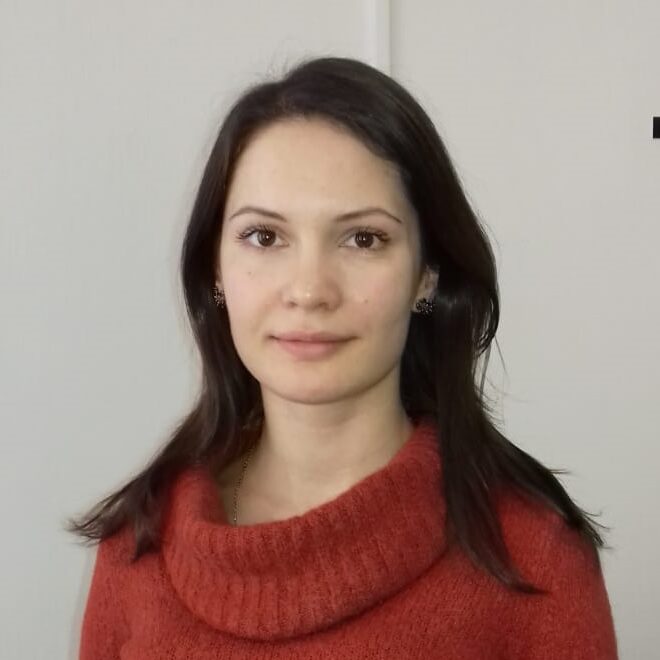
Irina Tikhomirova
- Team Leader of the Payroll Calculation Team
Features of payroll and personnel accounting in Kazakhstan. Comparison with practice in Russia
- Timing, currency, frequency of payments, pay slips
- Features when hiring/firing employees
- Payment for vacation, payment for work on weekends/holidays, etc.
2. Taxation and reporting on wages

Alexander Moskaltsov
- Head of IT Infrastructure
Office in Kazakhstan. IT aspects
- Features of the cloud services market in Kazakhstan: current situation, development prospects, comparison with the Russian market
- Organizing office infrastructure in Kazakhstan: experience, level of technical support
- 1C solutions in Kazakhstan

Q&A
Do business aviation services for Russian legal entities fall under sanction activity?
Valentin Orlov: “Regular and charter flights are still maintained between Russia and Kazakhstan. Kazakhstan does not participate in sanctions against Russia, but adheres to the principle of not allowing any companies to use themselves to bypass sanctions. Sanctions imposed against Russia by “unfriendly countries” provide for a ban on the sale of aircraft, spare parts, and equipment to Russian airlines. Their insurance and maintenance are also under the ban. The ban on flights of Russian airlines over the EU and the US caused counter-sanctions to be imposed on Western companies for flights over Russia. Many foreign companies are still allowed to fly over Russia; however, even those foreign airlines that are allowed to fly to Russia are canceling flights. The problem is that insurance companies refuse to insure flights to Russia. Therefore, it cannot be said unequivocally whether the business aviation services of a specific company will fall under sanction activity: it may depend on both the company itself and its ultimate owners, as well as the customer of the service.”
What amounts are included in the VAT turnover limit?
Inna Fedina: The goods that will be imported by a Kazakhstani company from a Russian legal entity are cosmetic products. Here in Russia, this export is done at a 0% VAT rate.
Will the Kazakhstani company have to pay customs VAT when importing the goods into Kazakhstan?
Inna Fedina: When purchasing goods from EAEU countries:
- It is necessary to issue an electronic CNT document before crossing the border with Kazakhstan. (The vehicle will not be allowed to pass if this document is not issued.)
- When the goods arrive at the Kazakhstani company’s warehouse, we submit form 328 (an indirect tax report) and pay 12% VAT to the tax authority. Only after these two steps, we are allowed to sell our goods from the Kazakhstani company.
- It does not matter what goods are being sold – everything is subject to a 12% tax rate.
Under what conditions is a company subject to mandatory audit of its financial statements?
Inna Fedina: Mandatory audit is required for:
- Joint-stock companies;
- State-owned enterprises with a supervisory board in the fields of education and healthcare;
- Insurance (reinsurance) organizations, insurance holdings, and organizations in which an insurance (reinsurance) organization and/or insurance holding are major participants, as well as insurance brokers;
- The unified accumulative pension fund and professional market participants in securities created in the form of a joint-stock company;
- Large participants in the investment portfolio management;
- In cases provided for by the Republic of Kazakhstan’s Subsoil and Subsoil Use Code, legal entities that have the right to subsoil use for operations related to the exploration and extraction of hydrocarbons or exploration and extraction of solid minerals.
Webinar – 1C in Softline Cloud
Read more
Important changes in accounting and reporting in 2023
2023 begins with big changes in accounting and we want to support you during this difficult time and invite you to our webinar which will cover the most important and critical changes in legislation.
Content
Natalia Chernyakina
- 00:00 Greeting
Marina Goncharenko
- 02:29 Webinar content
- 03:45 Brief overview of changes from 2023: Minimum Wage, Insurance Contributions, Deadlines, Reporting Forms
- 06:40 Civil Law Contracts – Changes from January 1, 2023
- 13:05 Accounting for payments for the first half of the month. Calculation register
- 15:34 New deadlines for calculating personal income tax and insurance contributions. New rules for determining the date of income receipt from January 1, 2023
- 17:37 Deadlines for transferring and submitting notifications on personal income tax
- 20:40 Insurance contributions: Unified tax payment, unified tax account
- 22:26 Deadlines for transferring and submitting notifications on insurance contributions
- 23:45 Notifications to the Federal Tax Service
- 25:25 Errors in notifications to the Federal Tax Service – how to correct them 27:02 Deadlines for submitting reports to the Federal Tax Service and the Russian Social Security Fund for 2022 using the old form: SZV-M, 6-NDFL, SZV-STAzh, 4-FSS
- 28:08 6-NDFL from the first quarter of 2023
- 30:05 Calculation of social security contributions (RSV (SZV-M)) using new forms and deadlines
- 32:40 Single Reporting Form (EFS-1) instead of SZV-TD, 4-FSS, DSV-3, and SZV-STAzh
- 35:00 Fines for mistakes in EFS-1
- 36:34 Reflection of changes in 1C
- 37:00 Withholding and payment of personal income tax – reflection in 1C-ZUP reports
- 40:20 Insurance contributions – reflection in 1C reports
- 42:55 1C documents – reflection of withheld personal income tax in 1C:ZUP 3.1 and formation of notification for the Federal Tax Service
- 48:11 1C documents – Operations on ENP in 1C:ZUP
- 49:50 1C documents – Information on employment history
- 51:32 Civil Law Contracts in employment history information
- 52:10 Transition on a business trip: Registers, Payslips, Personal Income Tax Analysis. Problems and errors in 1C documents when violating the sequence, negative sums in 1C. Discrepancies in accounting documents with documents for the Federal Tax Service
- 54:04 Change of date of income receipt. The need for recalculation for update
- 55:00 Question 1 – Do you submit one notification for all taxes or for each tax separately?
- 55:53 Question 2 – If a framework agreement and additional tasks are concluded under a civil law contract, should the company submit notifications separately for the acts (tasks concluded)?
- 56:38 Question 3 – Can an advance payment be calculated as a set percentage of the salary?
- 57:55 Question 4 – How are dividends now taken into account – do they enter the 5 million base or is this a separate base?
- 59:53 Question 5 – How to open a unified tax account?
- 1:00:14 Question 6 – Do separate payments need to be made for personal income tax from income of foreigners on patents?
- 1:01:10 Question 7 – What will happen to payments that are paid on deferred terms and where will they be written off?
- 1:03:17 Question 8 – Notifications of additional agreements and information on employment activity.
- 1:04:30 Conclusion of the webinar.

Q & A
Is the notification submitted for all taxes together or for each one separately?
You can submit one notification or you can submit separately for each tax.
If a framework agreement is concluded under a contract for performance of work (CPW), followed by assignments to it, at what stage should the company provide information on the CPW? Should the company provide information on the concluded assignments?
Additional comment on the question: The assignment is not an act. It is an additional agreement that specifies the deadlines for the provision of services and the amount. That is, the framework agreement does not contain this information, only the overall limit under the contract.
If the dates are not specified in the contract, provide information on the work activity based on the dates specified in the additional agreements. Please note that information should be provided when the contract is concluded or terminated, in this case, for the additional agreement. However, it should be noted that there is no requirement in the legislation to provide information on the extension of the contract (on additional agreements to it).
Is it possible to charge an advance payment as a set percentage of the salary?
It is possible to charge an advance payment as a percentage of the salary, but it is necessary to withhold personal income tax from the payment and make the payment after subtracting the withheld amount. Such automatic calculation of the advance payment is not provided in the 1C database. However, it is possible to automate this process.
How are dividends accounted for now? Are they included in the 5 million base or is it a separate base?
This is a separate base.
How do you open a unified account?
It is not necessary to open a unified tax account. The Federal Tax Service will independently open a Unified Treasury Account (UTA) for all organizations in automatic mode.
What will happen to payments made on installment? Where will they be written off? Do I need to notify about these payments?
Excessively paid (as of December 31, 2022) insurance contributions for the 2022 reporting periods, the payment deadlines for which have been extended for 12 months, will be transferred to the UTA.
There is no need to provide a notification for these payments. They will be credited based on calculations for the first half-year and 9 months of 2022.
However, in case of a negative balance of the UTA, these payments will be credited towards the repayment of the total obligation (starting from the smallest amount).
Do we start submitting the notification starting from the salary calculation for January 2023? (since the salary calculation for December will be closed with the 2022 report) Is that correct?
If the salary for December 2022 was paid in January 2023 (for example, if the salary for December was paid on January 10), then you will submit the notification for that amount on January 25, because the payment was made in the current year.
Hello! Is the deadline for submitting the notification before the 25th or including the 25th?
It includes the 25th. If the 25th falls on a weekend, the deadline is the next working day. For example, for January 2023, the notification must be submitted no later than February 27, since February 25 is a Saturday.
Can notifications be submitted once for all taxes? Or can one notification be submitted for personal income tax and insurance contributions, and another for corporate income tax?
Notifications can be submitted either as one notification for all taxes or several notifications, with one for each tax or one for personal income tax and insurance contributions, and another for other taxes. It’s up to you which option is more convenient.
Hello! Is it mandatory to switch to notifications, or is it still possible to pay taxes in the old way during 2023 (during the transitional period)?
During 2023, it is still allowed to pay taxes in the old way. However, even when using separate payment documents during the transitional period, the money paid through such documents will be counted as ENP.
The tax authorities warn that this method of payment is only allowed when the taxpayer has not submitted a notification of the calculated amounts of taxes and contributions since January 1, 2023. If you submit such a document to the tax authorities even once during this year, you will have to switch immediately to ENP and continue to follow the new procedure by regularly submitting such notifications.
Please advise on the civil contract: our standard contract duration is 1 working day. For example, on 01.02 we conclude a contract for the performance of certain work on 02.02. How should we submit the SZV-TD report?
When submitting events under civil contracts, you should use the date of the contract conclusion for the start date and the end date for the day of termination. This follows from clause 6 of Article 11 of Federal Law No. 27-FZ of April 1, 1996:
“6. The information specified in subparagraph 5 of paragraph 2 of this article shall be submitted no later than the working day following the day of conclusion of the relevant contract with the insured person, and in the event of termination of the contract no later than the working day following the day of its termination.” Therefore, if the date of conclusion of the contract and the date of the start of the work differ, it is better to specify the date of conclusion of the contract, not the date when the contractor will start the work, in the Contract field in the ZUP3.1 document.
Accordingly, if you concluded the contract on 01.02, information about the start date of the civil contract should be submitted no later than 02.02 (the next working day after the day of conclusion of the contract), indicating the start date of the contract as 01.02.
Your end date will be 02.02. Accordingly, you must submit information about the work no later than 03.02 (the next working day after the termination of the contract), indicating the termination date of the contract as 01.02.
Alternatively, you can submit one report on 02.02, indicating the start date of the contract as 01.02 and the termination date as 02.02 (two events in one report). In this case, the deadlines for submitting information will be met.
Am I correct in understanding that we can submit EFS-1 by sections? One section on one date, another on another?
Yes, you can submit by sections (this is provided for in 1C).
If civil contracts (ГПХ) were concluded last year and continue to be in effect as of January 1, 2023, what information needs to be provided for these “old” contracts? After all, from January 1, taxes, work experience, etc. should be calculated according to new rules. And should we report the termination of the contract?
If you have civil contracts (ГПХ) that have been in effect since last year, there is currently no requirement to provide information about the start of the civil contract. There may be some clarifications later, but for now, there is no such obligation. However, if a civil contract that has been in effect since 2022 is terminated in 2023, information about the termination of the contract must be provided.
Do we need to indicate VAT and profit payments in the notification on the 25th or will the distribution of the tax amount be based on VAT?
The distribution of the tax amount in the Federal Tax Service (ФНС) for profit tax and VAT will be based on the tax return. But don’t forget to perform the ENС operation in the 1C database.
Do we need to submit notifications in the month of submission of 6-ndfl?
The notification for personal income tax (НДФЛ) is submitted every month, including in the month of submission of 6-НДФЛ.
Regarding business trips, it is not entirely clear. It is approved on the last day of the month, where there are discrepancies between tax and accounting records.
If you calculate a business trip as unworked time when calculating the final payroll for the month (for example, if you calculate the days of the business trip as attendance), the advance payment amount will be small. If you calculate the payroll for the first half of the month without taking into account the business trip (for example, if you did not enter it but calculated the days of the business trip as attendance), the amount of the salary in the Payroll Calculation for the month may not cover the previously calculated amount in the Payroll Calculation for the first half of the month. As a result, the income amount in the personal income tax (НДФЛ) accounting will be higher than the amount calculated for the employee. Business trips in 1C do not technically reverse income as an advance payment. Only the payroll calculation can account for income for the first half of the month. It is now necessary to ensure that the income for the first half of the month does not exceed the income calculated for the final payroll, otherwise there will be an excess of income in the tax records for personal income tax (НДФЛ).
Companies need to reflect separately the accrual of social contributions by types, because the company has set up parallel accounting in accordance with IFRS. At the moment, this is not possible automatically, since the database calculates contributions to one sub-account. Is it possible to set up a breakdown by types of contributions, as before? Or will it have to be done manually?
From January 1, 2023, a unified insurance contribution rate is introduced – 30% within the base and 15.1% above it. That is, according to the new requirements for the employer, the division into OPS, OMS, and OSS is canceled, and a single rate is introduced. Despite the fact that the single rate resembles the sum of the OPS, OMS, and OSS insurance contribution rates (22% + 5.1% + 2.9%), from 2023 this is a new indivisible rate. Account 69.09 “Insurance contributions at a single rate” has been added to the chart of accounts to account for the payment and credit of a single tax payment.
In the event that the organization decides to separate these amounts, the accounting system can be modified.
Note that insurance contributions for industrial accidents and occupational diseases continue to be calculated on account 69.11 “Calculation of compulsory social insurance for industrial accidents and occupational diseases”.
Why is everything designed to be so complicated? What is the purpose of such a methodology?
The goals of introducing ENP (Unified Payment Document) are to simplify the procedure for paying taxes to the maximum extent possible and to eliminate the need for businesses to create payment documents for tax payments.
The implementation of ENP will change and simplify the mechanism for fulfilling the obligation to pay taxes and ensure an economically justified calculation of the amount of penalties for the total amount of arrears to the budget. The need to transfer a large number of payments disappears. Specifically:
- 1 payment + 2 requisites in the payment (TIN and payment amount);
- 1 payment deadline per month;
- 1 balance in general for ENP;
- 1 day for a refund order;
- 1 document for bank collection;
- 1 day for account unblocking.
Date and time
20.01.2023 15:00-16:00
Language
Russian
Admission
Free
Platform
MS Teams

Program
- New requirements for advance payment calculation;
- Accounting for payments under civil law contracts;
- Calculation and payment of personal income tax and insurance fees;
- Changes in reporting forms;
- Single tax account – payments and notices.

Speaker
Marina Goncharenko
business analyst, payroll, HR and reporting consultant at Konsu
Switching to 1C from foreign ERPs | How migration to cloud can reduce costs

Details
Date and time
June 28, 2022, from 15:00 to 16:30
Admission
Free
Language
Russian
Platform
MS Teams

Speakers and topics

Sergey Shabotinsky
Switching to 1C products from foreign ERPs
- Reasons to choose 1C. Pros and cons of transition
- How to plan a smooth transition

Alexander Moskaltsov
SaaS: Migration of accounting systems to cloud to optimize infrastructure costs
- What is SaaS (software as a service)? Alternative virtualization solutions for business
- Benefits of SaaS service for cost optimization
Transfer pricing, Benefits for SME, Labor Costs Optimization & Risks of Terminating Business in Russia

Details
Date and time
June 9, 2022, from 15:00 to 16:30
Admission
Free
Language
Russian
Platform
MS Teams

Speakers and topics

Olga Mazina
Actual issues of transfer pricing for foreign companies
- Legislative norms 2021-2022, latest changes
- Reporting of international groups of companies
- Eliminate transfer pricing risks

Evgeniy Sumin
Small and medium-sized business entity status for companies with foreign participation
- Procedure for inclusion in the register of SMEs, practical aspects
- Benefits and preferences for SMEs in 2022

Anna Reznikova
Options to reduce financial costs for staff in the current economic situation
- Change of work schedule
- Increasing labor productivity
- Staff optimization
- Grant of leave
- Reducing other expenses
- Savings on fines

Valentin Orlov
Risks arising for company and its management in case of terminating business in Russia
- Violation of public obligations
- Violation of obligations to contractors and employees of organization
- Subsidiary liability of controlling persons for organization debts
- Risk mitigation options for foreign management of companies in Russia
Related content
How companies can adapt to new conditions?
On April 14 we held a webinar where our lawyers discussed options for continuing or suspending business activities in a rapidly changing environment.


Irina Krapivko
Lawyer
Change of ownership: procedure and restrictions
- How to sell businesses
- Change of ownership and its consequences for company employees and counterparties
- Restrictions on business sale and purchase transactions in 2022

Anastasia Polezhaeva
Lawyer
Temporary company suspension
- Suspension of activities - legal procedure
- Reporting requirements
- Responsibilities of company founders and management

Ekaterina Pilyugina
Senior lawyer
Company liquidation and employment contract termination initialized by employers
- Procedures and terms for company liquidation on a voluntary basis
- Procedures and terms for terminating activities of representative offices/branches of foreign companies
- Termination of employment contract related to company liquidation
- Responsibilities of employers
Our services
- Labor and migration legal services
- Company liquidation
- Corporate bankruptcy
- Dispute resolution
Inventory Accounting | Tax Clause
You can watch the webinar recording on YouTube and download presentations (in Russian).Read more
Frequent mistakes made by employers in employment contracts
Read more
